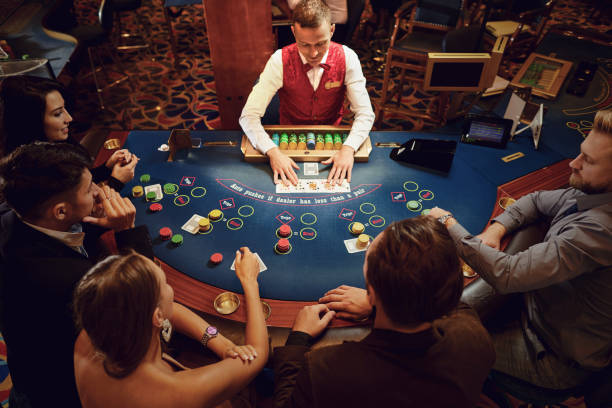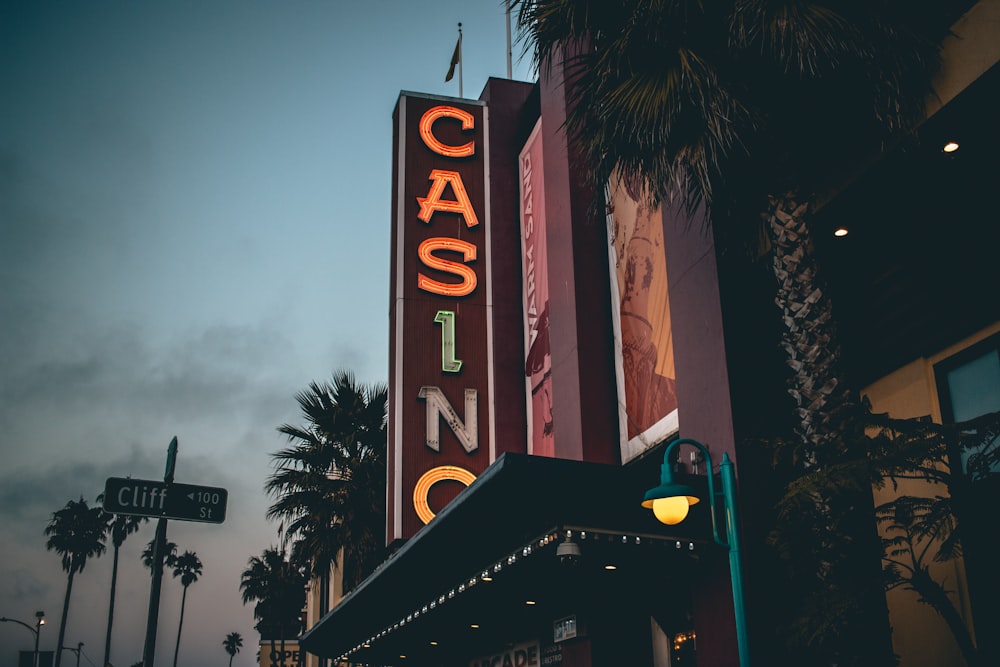Casinos have long been a hub of excitement, offering a myriad of games and the allure of striking it rich. But have you ever wondered why people are so drawn to these glittering palaces of chance? The answer lies deep within the realms of psychology, where a blend of factors creates a captivating cocktail of emotions and experiences that keep individuals coming back for more.
The Thrill of Uncertainty
One of the primary psychological drivers behind the appeal of casinos is the thrill of uncertainty. Human brains are wired to seek novelty and excitement, and casinos provide the perfect platform for this. The unpredictability of outcomes in casino money games like blackjack, roulette, and slot machines triggers a rush of dopamine, often referred to as the “feel-good” neurotransmitter. This chemical reaction creates an exhilarating sensation, leading players to chase that euphoria by continuing to play.
The Illusion of Control
Another intriguing aspect of gambling psychology is the illusion of control. People tend to believe that they can influence the outcome of a game, even when the odds are entirely based on chance. This cognitive bias, known as the “illusion of control,” gives players a false sense of confidence, making them more likely to place bets and stay engaged. Games like poker, where skill does play a role, amplify this belief, as players attribute their successes to skill and their failures to bad luck.
Social Interaction and Belonging
Casinos are also social hubs, providing opportunities for interaction and a sense of belonging. Human beings are inherently social creatures, and casinos offer an environment where individuals can connect with others who share similar interests. The collective excitement, shared experiences, and camaraderie at the gambling table foster a sense of community, making the casino a place not just for gaming, but for forming relationships as well.
Escapism and Emotional Regulation
For many, casinos serve as a means of escaping the mundane realities of life. The captivating lights, sounds, and overall ambiance of the casino floor transport players to a different world, temporarily distancing them from their everyday concerns. Additionally, gambling can act as a way to regulate emotions. Some individuals may turn to casinos as a response to stress, anxiety, or even boredom, seeking the emotional highs that come with winning.
The Allure of Potential Rewards
The potential for substantial financial rewards is undoubtedly a strong driving force behind casino visits. The mere possibility of hitting the jackpot triggers a sense of hope and anticipation. This anticipation taps into the brain’s reward system, where the promise of a big win activates feelings of pleasure and desire. This tantalizing prospect keeps players engaged, as they continue to believe that the next bet could be the one that changes their fortunes.
In conclusion, the psychology behind the love of casinos is a complex interplay of factors. The thrill of uncertainty, the illusion of control, social interaction, escapism, and the allure of rewards all come together to create a compelling cocktail of emotions that keep individuals engaged and entertained. Understanding these psychological drivers can shed light on why casinos continue to be popular destinations, and how the human mind is drawn to the excitement and allure of games of chance.
Published by HOLR Magazine



